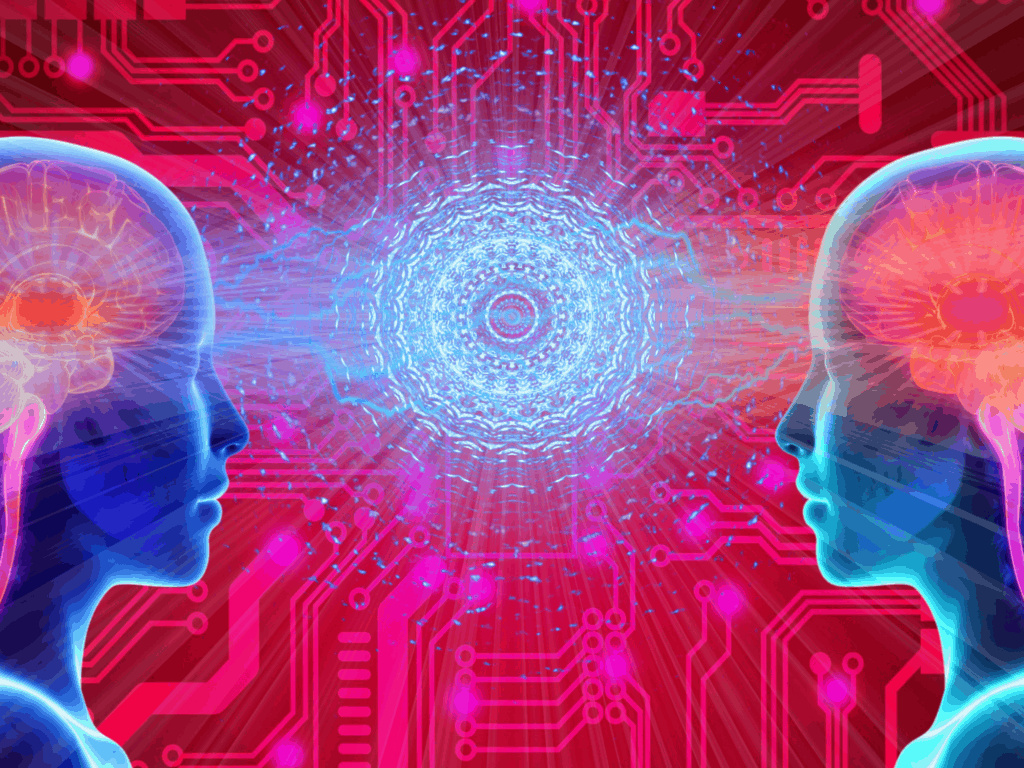The cerebral cortex contains the key brain regions necessary for language comprehension and production. It is important that all addiction treatment clinicians have a general understanding of the different disorders that may be the result of cerebral cortex damage. Sometimes people may present with strange symptoms that may or may not be the result of drugs so it is important that clinicians become adept at recognizing when the disorder is due to drug addiction or the result of something else.
The Left Cerebral Cortex is specialized for the analysis of a sequence of information, occurring one after another (Details). The Right Cerebral Cortex helps organize a narrative by selecting and assembling what to say (The Whole Picture). The Right Cerebral Cortex is also specialized in the holistic processing of information about the world and determining the emotion of the speaker (prosody). Most of what researchers know about the language area of the brain is from people who have had brain damage. Aphasia is the term used to describe people who have some difficulty in producing or understanding speech caused by brain damage. Many drug addicts have been involved in accidents or fights and may have brain damage to this region of the brain which may cause them to have some type of Aphasia.
There are two primary types of Aphasia: Broca’s Aphasia and Wernicke’s Aphasia. Broco’s Aphasia is disruption to fluent speech, but with intact meaning. Wernicke’s Aphasia is disruption to speech production and comprehension, but with intact grammatical sentences. So basically people with Broca’s Aphasia have a problem with grammar (Syntax) and people with Wernicke’s Aphasia have a problem with Meaning (Semantics).
People with Broca’s have slow, laborious and non-fluent speech. They have something called agrammatism, which is difficulty in using grammatical constructions. They have difficulty in saying function words and with word order. Anomia is another symptom of Broca’s. Anomia is difficulty in finding or remembering the correct word to describe an object. They also have difficulty in articulating words or mispronouncing words.
Wernicke’s people have fluent speech with the use of function words and forming grammatical sentences, but they have poor word and sentence completion. They have difficulty in converting thoughts into words. The will sometimes even create new words (neologisms) and sometimes have word deafness, which is the inability to understand the meaning of speech. This is a strange symptom of Wernicke’s Aphasia. People with Word Deafness can still hear non-speech sound, read, write, and recognize prosody, but that’s it. When it comes to actually understanding someone else’s words they can’t do it.
Author
-

President, CEO & Founder at Northbound Treatment Network
Paul Alexander is the CEO, President & Founder of Northbound Treatment Network in Newport Beach, California. He believes wholeheartedly in transformational leadership, organizational health and effective, fully integrated substance use disorder and mental health treatment. With over 27 years of experience in behavioral healthcare, Paul has extensive knowledge of “in vivo” treatment modalities, clinical development, operations, strategy, marketing and financial planning. He has been widely recognized for his development of collegiate-based residential treatment programs for students in recovery and authored a research study at The University of California confirming this modality’s effectiveness.
Paul’s comprehensive professional experience, willingness to innovate, and emphasis on organizational health are vital factors in Northbound’s continued success. Paul received his Certified Addiction Treatment Specialist training at Saddleback College in Mission Viejo, CA, and was awarded Outstanding Alumni Service Award in 2002. Paul holds a Bachelor of Arts degree in Criminology, Law and Society, Summa Cum Laude, from University of California, Irvine, and a Juris Doctorate degree from Loyola Law School of Los Angeles. Paul currently serves on The National Association of Addiction Treatment Providers (NAATP) board. In addition, he serves on The Family Recovery Foundation board and The CarePossible board in Orange County; both organizations are committed to raising funds for family recovery and treatment for former military personnel. Paul is in recovery himself and lives in Orange County with his wife Silvana and his two young sons, Noah and Dean.










